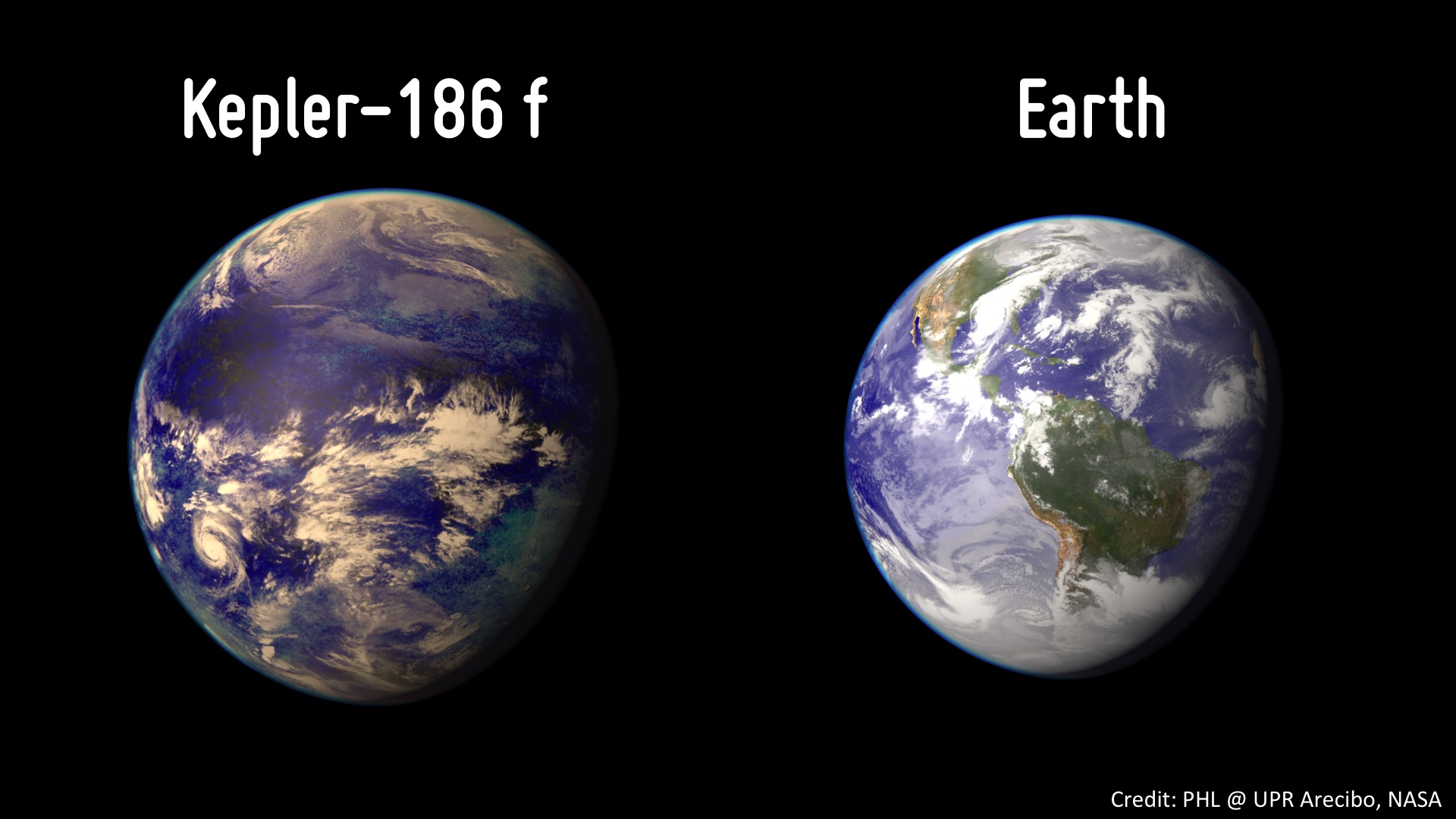Abstract
This article extends interplanetary trade theory to an interstellar setting. It is chiefly concerned with the following question: how should interest charges on goods in transit be computed when the goods travel at close to the speed of light? This is a problem because the time taken in transit will appear less to an observer traveling with the goods than to a stationary observer. A solution is derived from economic theory, and two useless but true theorems are proved.
Introduction
Many critics of conventional economics have argued, with considerable justification, that the assumptions underlying neoclassical theory bear little resemblance to the world we know. These critics have, however, been too quickk to assert that this shows that mainstream economics can never be of any use. Revent progress in the technology of space travel, as well as the prospects of the use of space for energy production an colonization (O'Neill 1976) make this assertion doubtful; for they raise the distinct possibility that we may eventually discover or construct a world to which orthodox economic theory applies.
[...]
It should be noted that, while the subject of this paper is silly, the analysis actually does make sense. This paper, then, is a serious analysis of a ridiculous subject, which is of course the opposite of what is usual in economics.


 ), würden solche Geschwindigkeiten aber langsam denkbar werden (mit langen Beschleunigungsphasen), dann wäre "nur noch" das Problem mit der Strahlung und den Teilchen zu lösen
), würden solche Geschwindigkeiten aber langsam denkbar werden (mit langen Beschleunigungsphasen), dann wäre "nur noch" das Problem mit der Strahlung und den Teilchen zu lösen 




